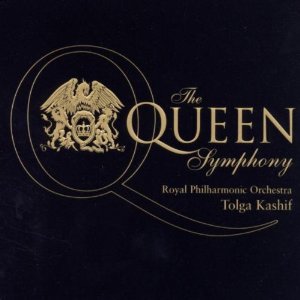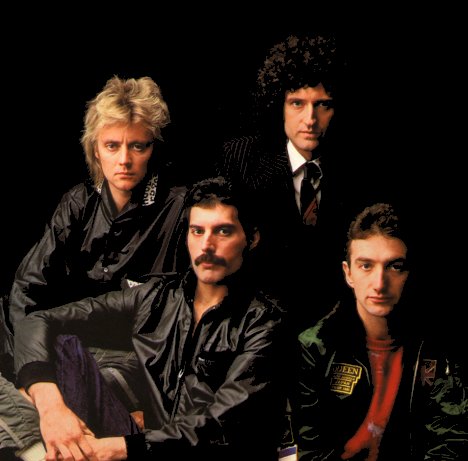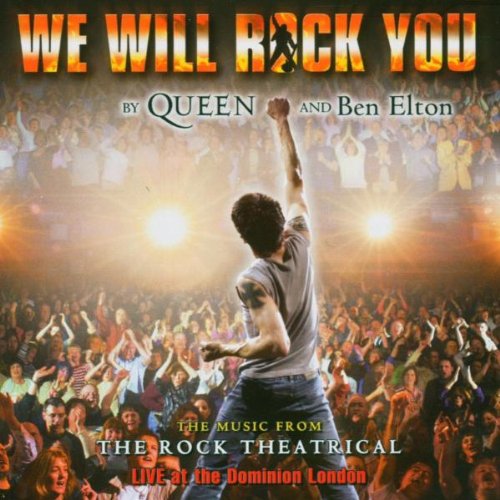02-06-2003 – Frederick Post – Queen Symphony
Fans may dig more serious ‘Queen Symphony’
Many classic rockers have been immortalized (or is it euthanized?) with symphonic renditions of their songs. The Rolling Stones, Genesis, Yes, Elvis Presley and even Michael Jackson have had their voices replaced by honking French horns and their well-known riffs replicated by sawing violins.
But Queen, a band that specialized in spicing its often blustery rock with operatic touches, has been paid an even grander tribute with the full-blown six-movement “Queen Symphony.” “Anyone who’s expecting to hear mere orchestral arrangements ol Queen songs is in for a big shock!!!” guitarist Brian May writes in the liner notes, and perhaps that should serve as a warning to Queen fans wondering what the operatic bit in “Bohemian Rhapsody” would sound like with a full choir. This ain’t that kind of party.
Instead, composer/conductor Tolga Kashif enlisted the Royal Philharmonic; Orchestra, perpetrators of the egregious “Hooked On Classics” series of the 1980s, and adapted select Queen melodies and other song bits and pieces into something he hopes expresses “the original essence of this great music.” Fans will probably find themselves resorting to playing “spot the Queen song.”
As advertised, the “Queen Symphony” is not a best-of medley, so many fan favorites are not incorporated. There’s no “Fat Bottomed Girls,” na “Under Pressure.” “Crazy Little Thing Called Love” or “Keep Yourself Alive,” and although “Another One Bites the Dust” is listed as source material for the second movement, good luck figuring out exactly where it appears.
Other songs are easier to identify. Lateera tunes such as “Radio Ga-Ga” and “One Vision” turn up. The vocal melody to “Bicycle Race” is given a sprightly and slightly dissonant treatment with fingercramping piano runs that turn pastoral as it shifts into “Save Me from The Game.” Naturally, portions of “Bohemian Rhapsody” turn up, including the famous mock-opera middle section that sounds like a lost dance from “The Nutcracker.” Kashif also doesn’t feel obliged to maintain the songs’ original tone, evidenced by his treatment of “News of the World” anthems “We Will Rock You” and “We Are the Champions.” The former is brief but very dark and ominous, while its power-ballad partner becomes elegiac, with the chorus melody blanketed by the sustained violins and the London Voices’ stately bellowing. Who will all this appeal to? Beats me. Ardent Queen collectors may dig it, but most rock fans will probably find the whole endeavor too stuffy and serious, wlule fans of symphonic music may not even give it a chance. If nothing else, it’s an interesting experiment from an open-minded, forwardthinking composer.



